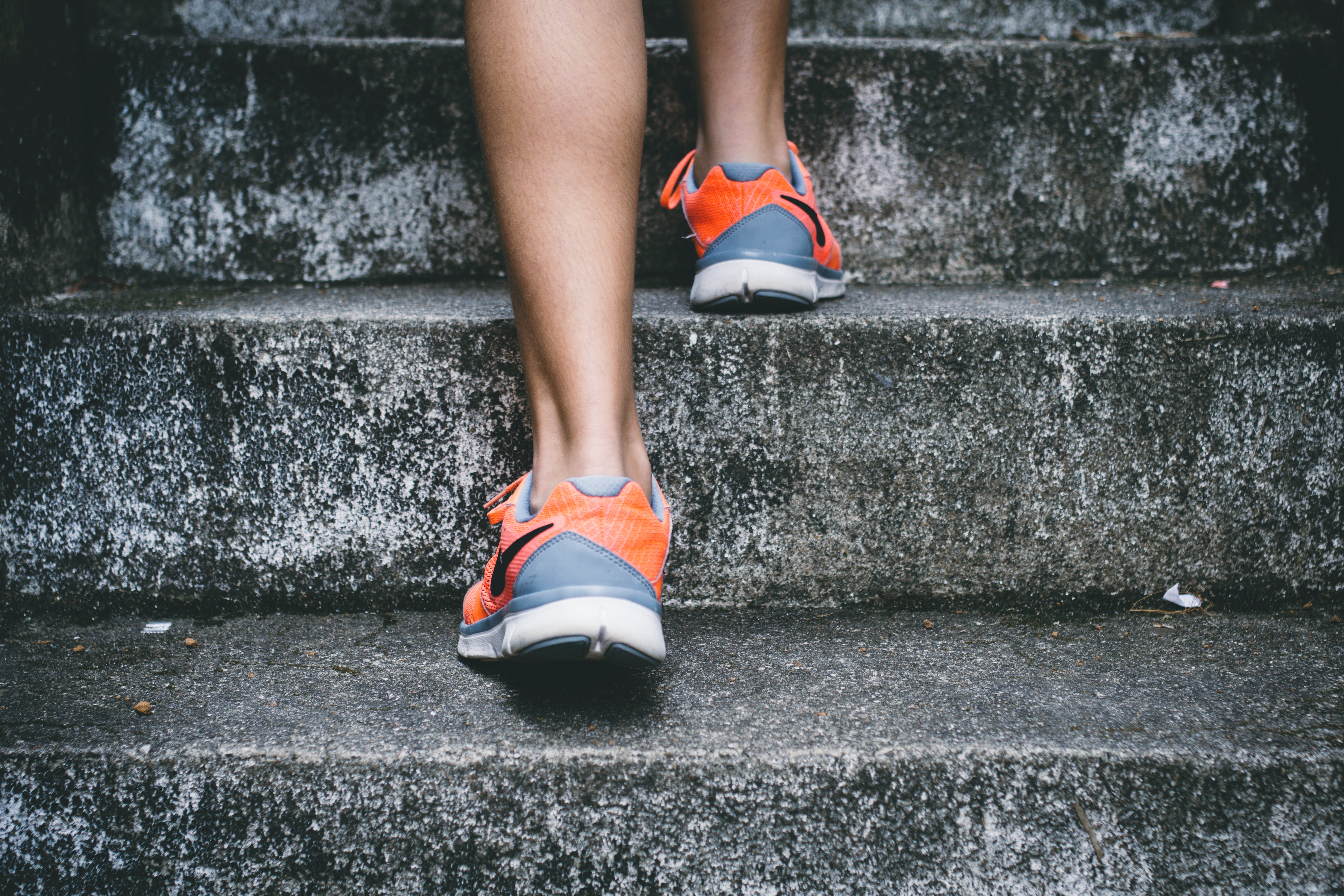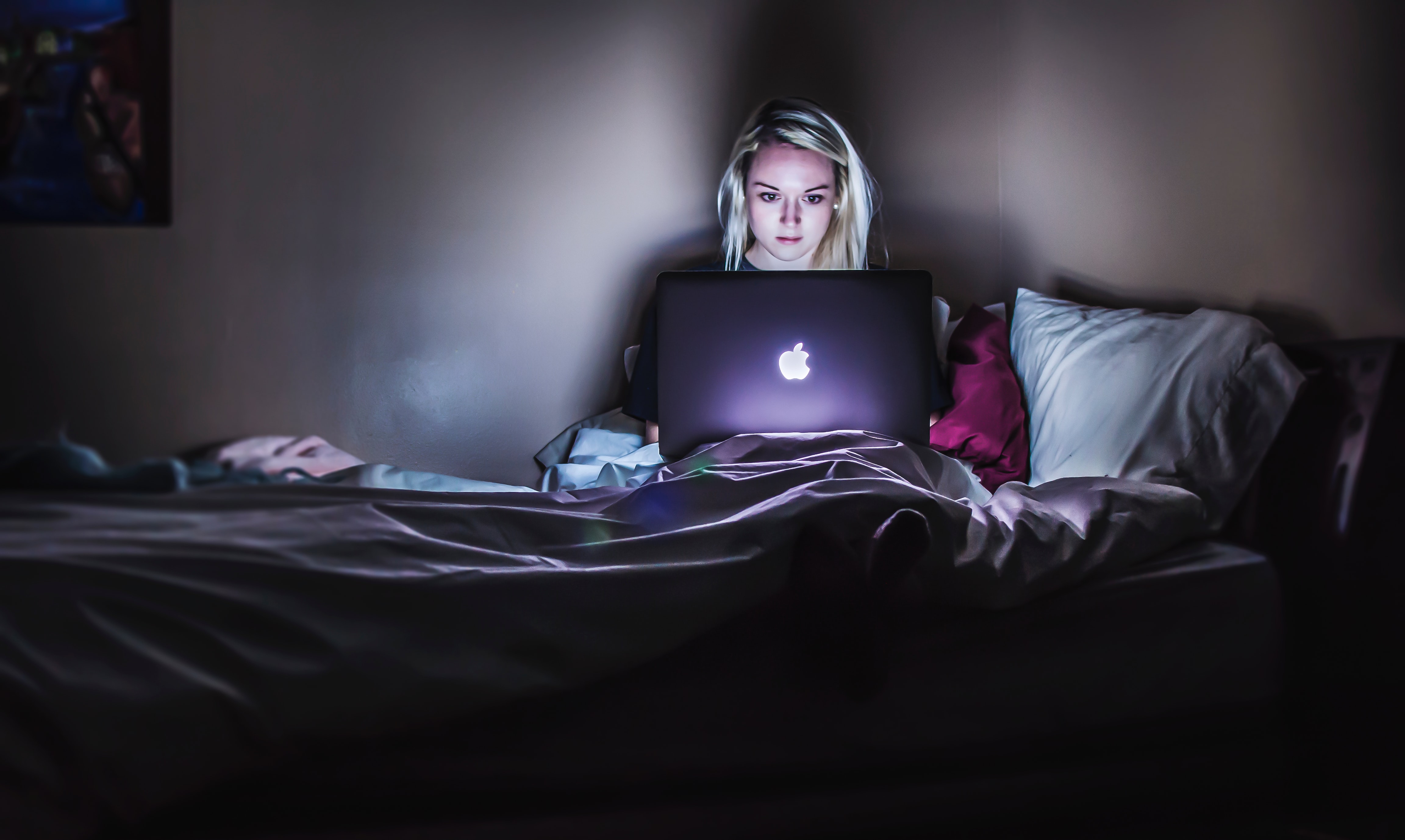With more and more people experiencing high levels of stress in times of uncertainty, here are our top tips on what you can do to look after yourself during stressful times.
Stress is one of the biggest public health challenges that we face in the UK. According to the Mental Health Foundation, 74% of UK adults have felt so stressed at some point over the last year they felt overwhelmed or unable to cope. And now more than ever, millions of people are dealing with high levels of stress as a result of the pandemic and its restrictions on both home and working life.
What is stress?
Stress is our body’s response to pressure and is often triggered when we experience something new or unexpected, or when we feel we have little or no control over a situation. When we feel stressed, our body produces stress hormones that trigger the ‘fight or flight’ response, releasing adrenaline that helps us to respond quickly to the situations we find ourselves in.
Stress isn’t always a bad thing – it can help alert us to danger and push us through fear or pain so that we can do things we’re not normally comfortable with, like running a marathon or delivering a presentation to a crowded room. Once the stressful event is over, the stress usually wears off and we start to feel like our normal selves again. However, too much stress can leave us in a permanent stage of fight or flight, leaving us feeling overwhelmed or unable to cope.
Much like a cold or flu, there are a variety of symptoms. Typical signs of stress often include feelings of anxiety, irritation, sadness and depression, which in turn can produce physical symptoms like headaches, nausea and aches and pains, making you feel even worse. Stress can manifest in different ways for each person, so we individually need to understand what causes us personal stress and the impact it has on ourselves, our day–to–day lives, and on those around us. Once we’ve identified this, we can then start to learn what steps we can take in order to reduce our stress levels and begin to get ourselves back to better health.

Managing and Coping with Stress
65% of people in the UK have felt more stressed since the COVID-19 restrictions began in March 2020, and the three key causes for concern are feelings of disconnection, uncertainty, and a worrying loss of control.
Left unchecked and unmanaged, stress can be damaging to our health in many ways, from contributing to mental health problems including anxiety and depression, to physical health problems like heart disease and digestive and immunity problems.
Yet while it may not be avoidable, it is still manageable. There are a range of resources available from the Stress Management Society website, the UK’s leading authority on stress management issues, from online stress tests and guides to a 30-day challenge designed to help reduce stress.
To help you get started, here are some tips on what you can do to look after yourself when you're feeling stressed.
Talk about stress
Talk about stress and the effects it has had on you. By talking openly and freely about your experience with friends, family and colleagues, it not only helps to reduce the stigma that is associated with stress and encourages others to open up, it can also help to reduce your stress levels.
Connect with those around you
If a particular coping strategy or tool has worked for you, why not share it with others? We don’t always know what is going on in other people’s lives and we are all undoubtedly going to experience stress and anxiety at some point in our lives. So, by sharing your coping techniques and treating others who are stressed and anxious with compassion and empathy, you can help someone you care about while also taking your mind off your own challenges.
Prioritise your health
In today’s fast–paced way of living we are constantly switched on. Whether it’s to spend more time on work, social media or checking in with friends and family, amongst other things, we are quick to sacrifice looking after ourselves simply to give us more time elsewhere in the day, which can quickly lead to stress. One of the most important ways to deal with the effects of stress is to put your health first and incorporate regular exercise, staying hydrated and eating well into your daily routine.

Get a good night's sleep
While it’s normal to feel stressed occasionally, continually being in this mode can impact our health in the long term. One effect of chronic feelings of stress is sleep deprivation, as the heightened state of alertness can delay the onset of sleep and cause rapid, anxious thoughts to occur at night. Insufficient sleep can then cause further stress. Combat this by looking after your health and implementing a few additional lifestyle changes, including lowering your caffeine and alcohol intake and reducing screen time, particularly in the evening.
Adopt a positive mindset
Changing negative self–talk to positive self–talk can greatly reduce stress, and positive thinking has been proven to help with stress management and improving your overall health. Positive thinking doesn’t mean you ignore less pleasant situations or pretend everything is okay – it simply means you approach unpleasantness in a more productive way, by looking for silver linings and opportunities instead of seeing the worst–case scenario. Thinking positively increases your ability to find solutions to challenging situations and helps you to deal more effectively with stress.
Turn off the tech
We often want to keep up to date with what is happening in the world; however, too much exposure to media (be it print, digital or social) can be detrimental to our health as information overload can heighten feelings of stress and affect various elements of our wellbeing including sleep, confidence and self–esteem. Try disconnecting from your TV, laptop, phone or tablet and having some screen–free time to focus on other things you might not normally make time for.

Look after yourself
Last but definitely not least, the most important thing you can do when you are stressed or anxious is to make sure you look after yourself. Accept that you can’t do or control everything, no matter how hard you try, so stop thinking you can. We all need to think more about self-care, so remember to schedule in regular time to relax and do something that you enjoy, learn to say no to requests or invitations that are too much for you, and don’t forget to prioritise exercise and eating well, even when you feel too stressed to do so.
.svg)
